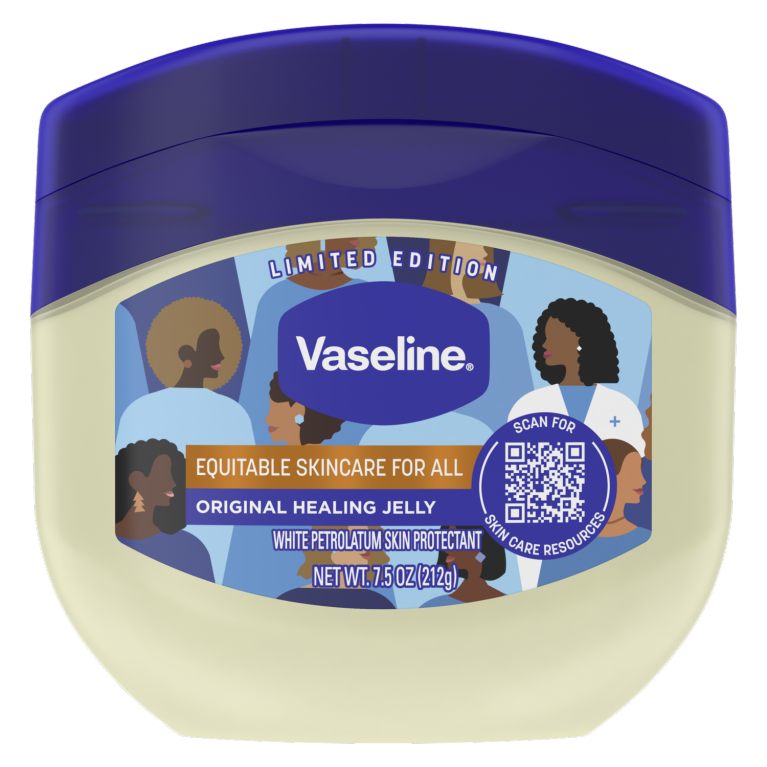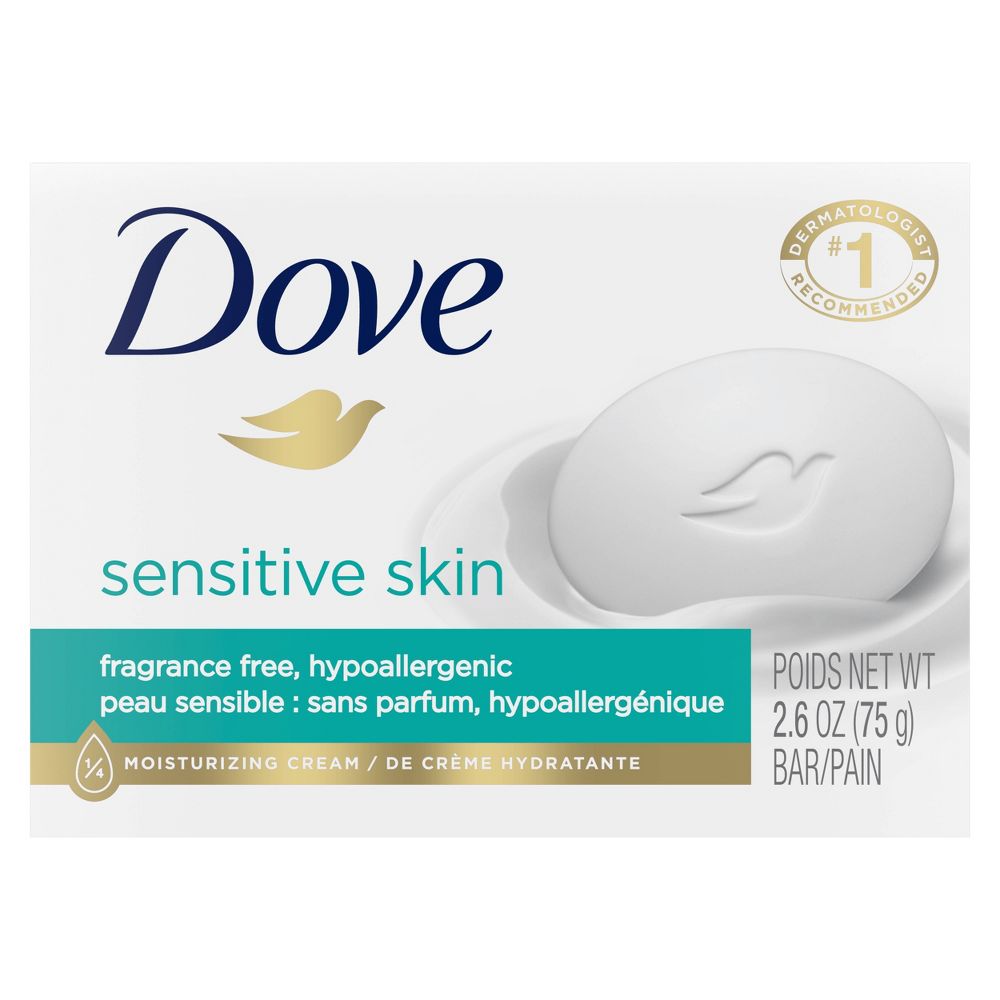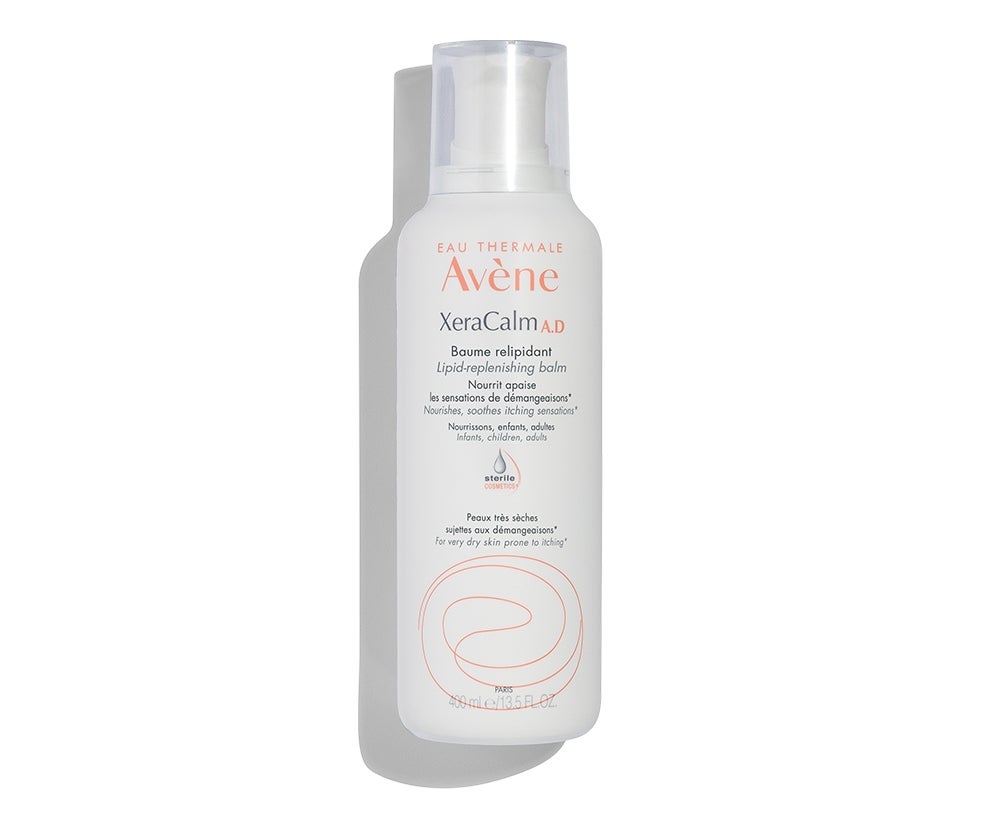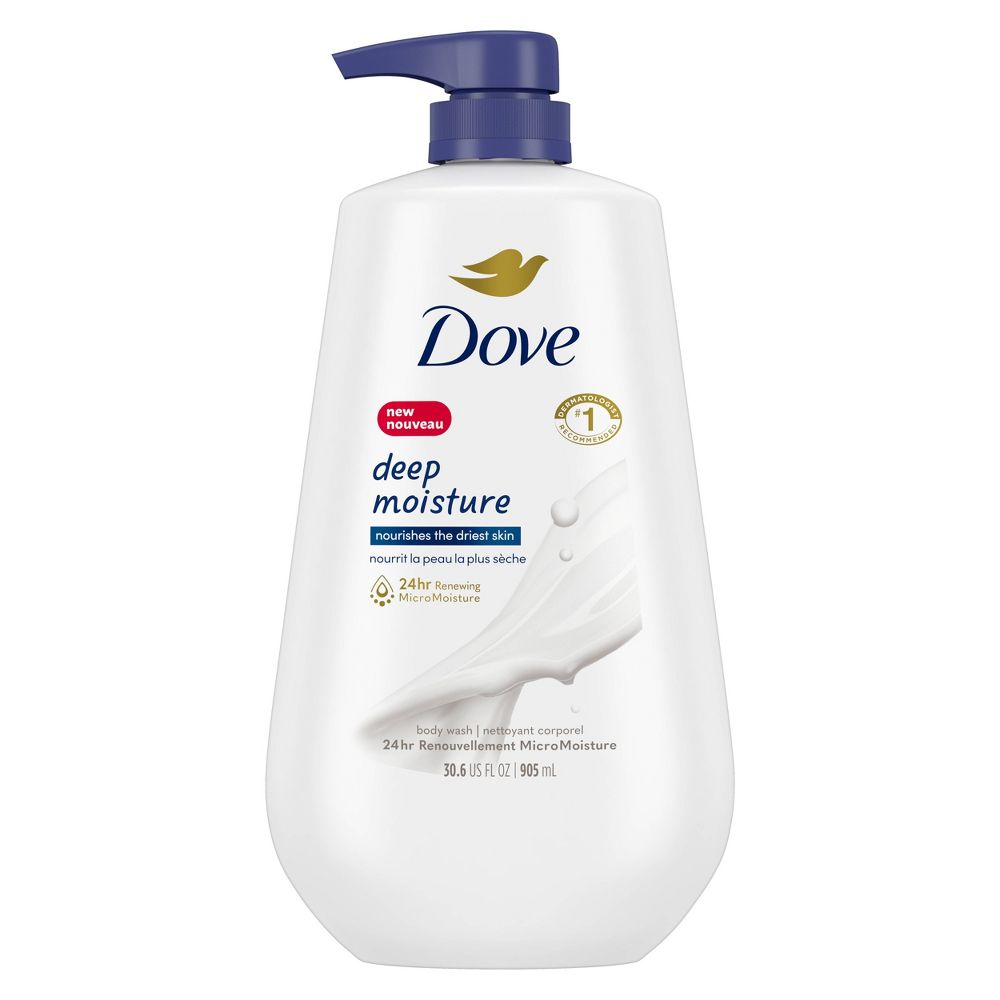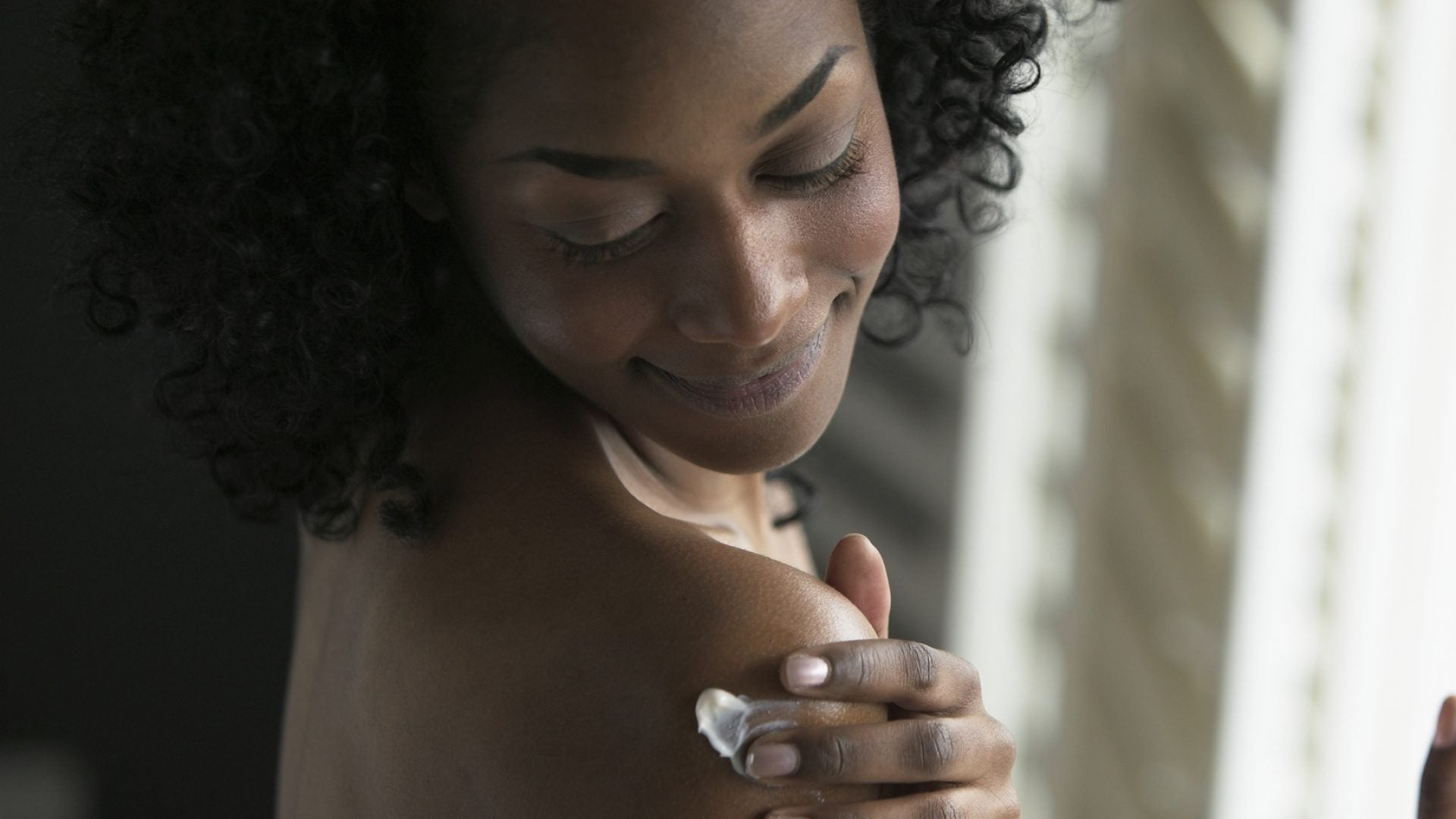
“There are some skin concerns that uniquely impact those with melanin-rich skin including dryness and uneven skin tone,” says Caroline Robinson, MD, FAAD, dermatologist and founder of Tone Dermatology. As the temperatures drop, eczema is especially common in darker skin which is more susceptible to water loss and dryness. From itchiness and flakiness, to tight and cracked skin, “these skin concerns can influence the types of products and ingredients that are chosen for use.”
Different from dry skin, eczema is a chronic condition often feeling like an “intense itch that can almost feel like a burn,” she says. Although the condition has no cure, the more you learn about how to care for your eczema–-including managing flare-ups and triggers–-the better your skin will feel this season. Finding the right products to help with eczema–-or even just dry skin–-may be difficult, but Dr. Robinson is here to help.
Below, Dr. Robinson guides ESSENCE through her go-to products and top three tips to improve your eczema this season.
Shower With A Mild Body Wash
“Dry skin and eczema are common skin conditions we hear often, especially once temperatures begin to drop. Eczema (or Atopic Dermatitis) is a skin condition that involves bouts of dryness, redness, rashes, and itching that can impact quality of life. While the two may seem similar, they are vastly different. There is some data to suggest that transepidermal water loss may be higher and ceramide levels slightly lower in Black skin when compared to Caucasian skin which may contribute to dryness.
As the temperatures drop I hear often from patients that they notice their skin feels tight, fine lines and cracks might appear on the surface of your skin or other symptoms such as flakiness/ashy appearance and itchiness will typically occur. I recommend body washes that are made with mild cleansers and incorporate moisturizers so that the skin is never left stripped after a bath.”
Use A Moisturizer That Reduces Hydration Loss
“I also recommend moisturizers that are formulated with lipids, ceramides, and/or niacinamide to help with loss of hydration. If you have eczema prone skin, it’s important to use mild, unscented and fragrance-free products. When it comes to moisturizing, rich creams are best. Depending on the severity of your eczema, steroid creams or topical ointments may be needed however OTC petroleum-based products like Vaseline’s Original Petroleum Jelly is a great product that’s suitable for those suffering from eczema and sensitive skin conditions since it’s fragrance-free, hypoallergenic and helps really lock in moisture. My favorite way to use it is layered on top of lotion or cream.”
Try To Avoid Common Eczema Triggers
“Itching is often one of the earliest signs of eczema, so much so that we sometimes call it the ‘itch that rashes’ in dermatology. Family history, skin function, and environmental factors can all impact how likely we are to get eczema and how severe it may be. Eczema is a chronic condition unfortunately with no cure, we do have effective treatments available to manage it. We also know that there are internal and environmental triggers that can lead to eczema flare ups including stress, change in season, fragrance, food allergies, seasonal allergies, and air pollution.
Avoiding triggers is another important part of therapy. In the winter months, those with eczema may experience flares due to the environment being drier and their skin requiring more moisture. One of the most important things I focus on with my patients is minimizing flare ups of eczema and maximizing the time between flare ups. A gentle approach to skin care combined with medications with your dermatologist can be an effective way to accomplish this.”
Dr. Robinson’s recommended products for eczema
To find a dermatologist in your area, use the See My Skin platform, a tool created by Vaseline and HUED to help people with Black and Brown skin find dermatologists, so you can find the expert care you need for your skin type.
